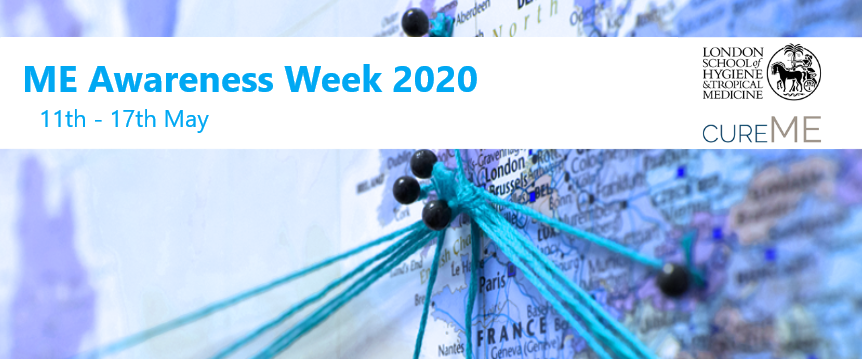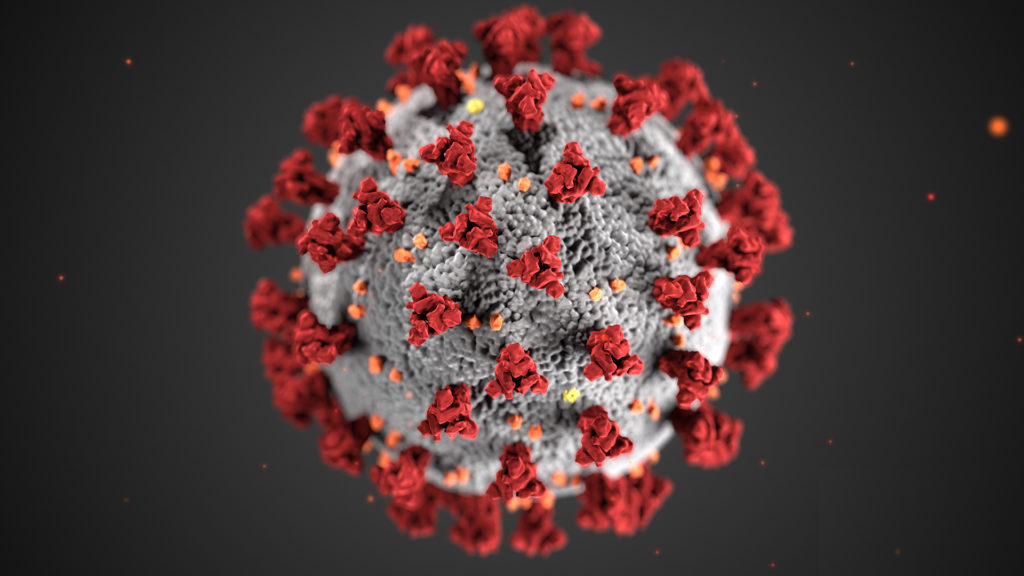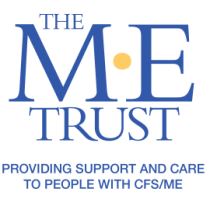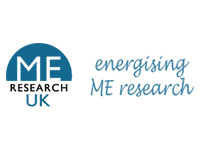COVID-19: our work thus far

The CureME team has now been away from the office for eight weeks, but our work has continued during that period. Lab work has stopped (though that will resume next week, in line with new Government regulations) and visits to participants are paused, but the rest of our work has continued.
One element of that has been to plan an investigation of the effects of COVID-19 infection in our own UK ME/CFS Biobank cohort. We intend to investigate the effects of suspected or confirmed COVID-19 infection in the ME/CFS Biobank cohort of consenting participants, and to compare those of our participants with ME/CFS with those with Multiple Sclerosis (MS) and “healthy” individuals.
Fatigue as a symptom, and ME/CFS as a medical entity, seems often to be triggered by viral infections. Some of our research participants have reported that they have been infected by COVID-19; we are privileged and confident that we will be able to contribute to the emerging knowledge about this pandemic, as many participants have already demonstrated their willingness to take part in additional research. The information participants contribute on possible COVID-19 infection will be key to understanding the virus’ effects on the symptomology of people with ME/CFS and MS, and how such effects compare with those of healthy individuals. For a disease with no biomarkers, this investigation will serve to further our understanding of disease aetiology and pathogenesis.

Existing UKMEB participants will be invited to participate in this sub-study, by e-mail. They will be provided with information about the study and links to provide consent and fill in online questionnaires. One short online questionnaire is intended to monitor daily symptoms for up to 21 days, during the acute phase of symptomatic COVID-19 infection. The other online questionnaire is intended to monitor symptoms for a longer period of time (up to 12 months). This latter questionnaire is based on the existing UKMEB Participant Questionnaire, but with many fewer questions, to assess symptom severity in the previous seven days.
We will present average trajectories of symptoms during the study time according to disease group (ME/MS/healthy) and whether the COVID-19 diagnosis was confirmed or only suspected and, within patient sub-cohorts according to severity of their chronic disease (i.e. moderate vs severe). Differences at specific time-points and in overall trajectories will be assessed to identify the change in symptomology during and after COVID-19 as compared to before COVID-19 (within-individuals) compared to other disease groups (between individuals). We will also compare the post- COVID-19 time-points and trajectory of symptoms with those in the cohort who did not develop COVID-19, as a full cohort and by disease group.
Separately, we have also been following research about people who may be at risk of contracting ME/CFS after COVID-19, such as that from the University of Leicester. This research is still at a very early stage, but the team is rapidly developing ideas and exploring funding opportunities to research ME/CFS after COVID-19 with a new cohort of participants, in the UK and worldwide.







